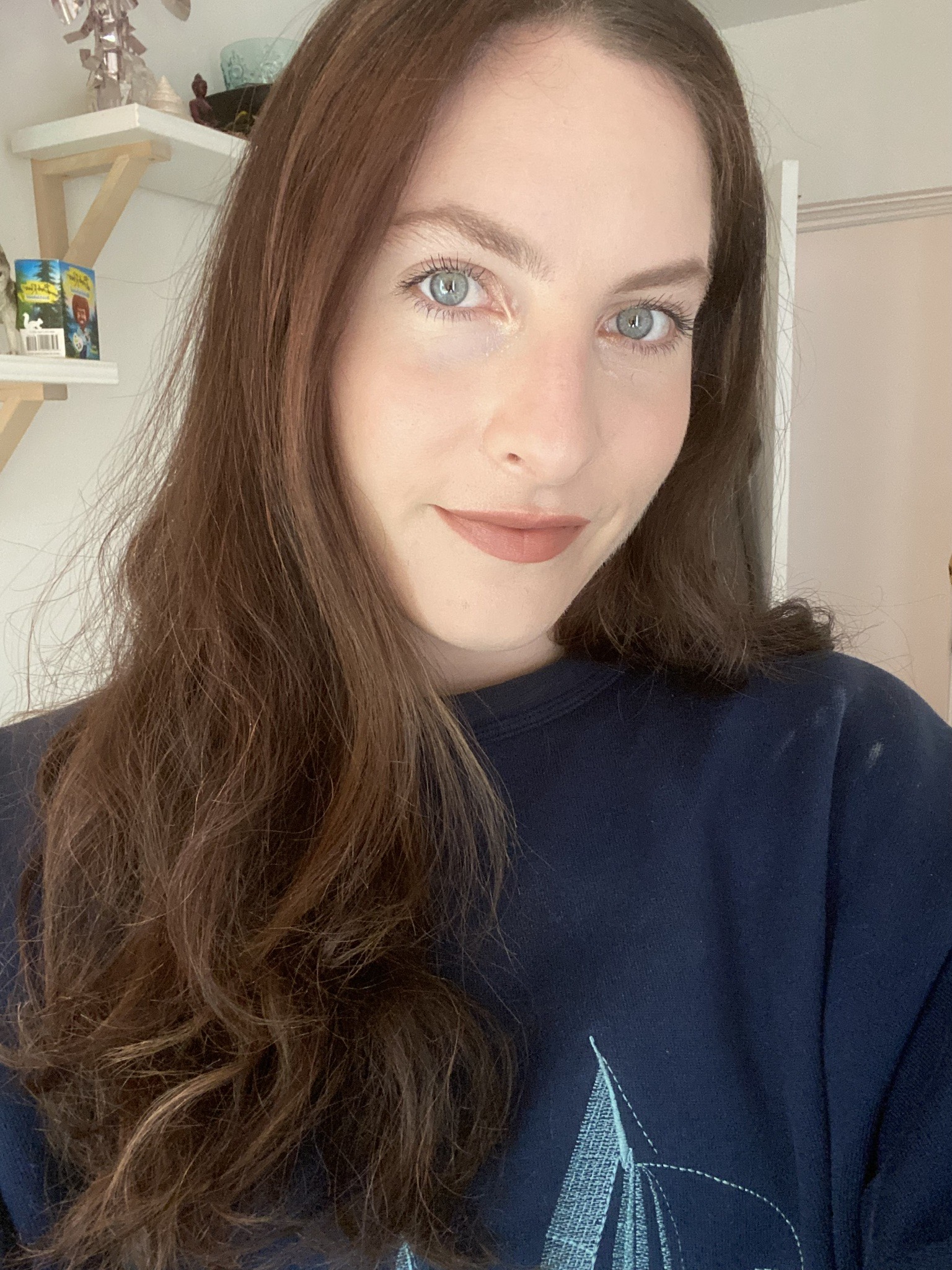By Alli Hayes
@bunnie604
Vancouver-based female artists are banding together to build stronger support networks after unexpected events sprouted from the global #MeToo social media campaign.
A handful of prolific men in the Vancouver music and nightlife scene have been noted on the Rapist Roll Call list, some for multiple counts of rape. One man on the list has since taken his life. It’s hasn’t yet been confirmed if his suicide was directly related to his call out.
Maggie Davidson, curator of FEMME FATALE female DJ collective and contracting production manager (Blueprint Events, Shambhala Music Festival), wants to know more about the complicated framework of Facebook’s open dialogue.
“The moment people start getting bullied online and lives threatened, people take their lives, I think we need to step back and figure out how we can fix this in a constructive matter in a conversation that is going to be healing and powerful,” Davidson explains.
Davidson participated in event curation for Witchhour — a female-focused and all-female performed underground party on Oct. 27 that raised funds for Women Against Violence Against Women, Crisis Intervention and Suicide Prevention Centre of BC and Good Night Out Vancouver — in response to the male suicide victim.
Stacey Forrester, co-organizer of Good Night Out Vancouver, explains that the circulating Vancouver ‘Rapist Roll Call’ document on Facebook has gained a lot of response and has now allowed room for hate speech.
“You become a target and, almost in some ways, they’re more violent in their words and their comments and messages,” Forrester says as she recalls a hateful comment left on a YouTube video. The comment insinuated that women need to be beheaded and used as ‘blowjob machines’ for ISIS.
Erica Lapadat-Janzen, a Vancouver-based digital multimedia artist and curator, like most of us, has been aware of sexual assault happening in the scene long before the #MeToo campaign was public. In her experience, the Canadian legal system is complicated and only goes so far in reports and actually charging perpetrators.
“This is something that has been a long time coming, it needed to happen, and how extremely prevalent [it is] is disturbing,” she says. “My mom has been working to help things around sexual assault since the ’70s, you know? She’s working in universities so people are equipped to deal with this. Since the ’70s! She’s been working on it her whole life!”
Lapadat-Janzen wants to be clear that this is not a gender war. It’s for whoever needs to access this support online through the campaign. #MeToo is not just for women, but the majority of people who have spoken out have been women. Men are still coming out and talking about their experiences, they have experienced trauma, PTSD, and everyone is hurting at this time.
Winona Williams, a First Nations UBC student and guest speaker at Vancouver’s #MeToo rally this past Saturday, recalls how our legal system and our authorities, specifically the North Western and Royal Canadian Mounted Police, are failing us.
“I wanted to really highlight the issues, the policy: its reasons why we created these inequalities and for whose purposes.”
Williams relates to the #MeToo creator Tarana Burke’s statement: it’s not who, but how survivors cope with life after violence and the necessity to be heard and share your story.
“It’s a privilege to have an outcry for your death in a violent way. My aunt was just a native woman who was found dead, they didn’t even label her as murdered. She didn’t even get that privilege to be a murdered woman. We really had to fight, just like I’m fighting for my aunt, I’m fighting for my story and my mom’s story, and my cousin’s story, and my sister’s story. Not many people can do that, but I can.”
Although our failing legal system demonstrates deep-rooted issues, we honour the survivors whether they posted #MeToo or not.




